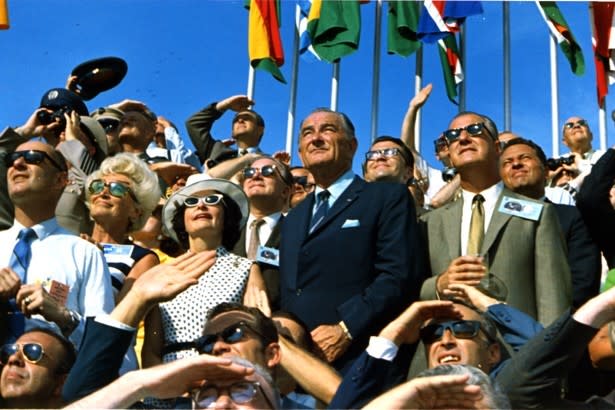Trump Time Capsule #114: Trump Foundation and Taxes

In the waning moments before this evening’s first debate, let me note another remarkable story by David Fahrenthold in the Washington Post that in any other campaign would by itself qualify as major news.
Recommended: You Can Pose a Question to Be Used in the Next Debate
Fahrenthold reports just now another entanglement between Trump’s business interests and his ostensibly charitable foundation. You should read all the details in his story, but in essence: Trump directed some of his business partners to take at least $2.3 million in money they owed him as normal business expenses, and instead send that money to the Trump Foundation as “donations.”
Why does this matter? Because at face value it’s a tax dodge.
The person or company paying the money gets to classify the payment as a tax-deductible charitable donation rather than a normal business expense, which in many cases would mean more favorable tax treatment.
Trump and his companies, which earned this money as income, never have to report it as income at all, and therefore never pay the resulting taxes on it—federal, state, city, payroll, etc. This is so even though, as Fahrenthold has shown in other stories, Trump then freely used the Foundation’s money to pay personal, political, or business expenses. As he summarized in today’s story:
Previously, The Post reported that the Trump Foundation appears to have violated laws against “self-dealing,” which prohibit nonprofit leaders from using charity money to help themselves. In particular, Trump appeared to use $258,000 from the charity to help settle lawsuits involving a golf course and an oceanside club. Trump also spent charity money to buy two portraits of himself, including one that he hung in the bar of one of his golf resorts in Florida.
If Trump had reported the money as personal income, and then donated it to the foundation, he would have received some tax benefits—but because of deduction-limits and for other reasons, he almost certainly would have owed more tax than he does by not reporting the income at all. Exactly how much money he might have saved is impossible for outsiders to say, since he has refused to turn over his tax returns.
In my memory of politics, this is the closest thing we have seen to prima facie evidence of financial misconduct since Spiro Agnew had to resign as vice president for accepting cash bribes.
***
Points to reflect on:
Read more from The Atlantic:
This article was originally published on The Atlantic.

 Yahoo News
Yahoo News 